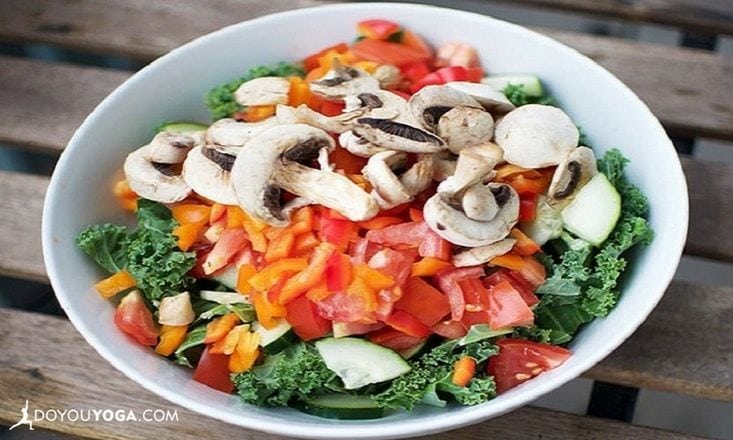Even though plant-based diets have been shown to bring many health benefits to individuals, as well as to the environment, in most parts of the world, vegetarianism isn’t the norm. This can make it difficult to find high-quality food items that will ensure that you meet all of your nutritional needs.
At the end of the day, for your physical as well as mental wellbeing, you shouldn’t have to live off what you can get in the produce aisle.
In this article we will give you a shopping list you can carry with you to the grocery store so you can make sure to have these staple vegetarian items with you at home. We focus on foods that provide nutrients in which vegetarians are at risk of being deficient. We will also tell you why these items are so great for vegetarians.
1. Beans
Whether you prefer, red, black, white, or pinto beans, you should always have canned or dried beans on hand. They are a great way to get protein; tons of minerals, including calcium, iron, magnesium, manganese, and copper; and vitamins like folate and thiamine in your diet. Some of the best-known sources of calcium, iron, and folate are non-vegetarian foods, so it’s great that beans provide a good amount of each.
We recommend you have beans together with rice, corn, or tortillas to ensure you consume a complete protein. Sometimes, canned beans can have some icky additives, which you can avoid by making your own beans at home.
The easiest way to make beans takes a bit of planning, but it is quite easy. Soak a pound of beans overnight in about a liter of water. Add two tablespoons of salt, some spices (I like dried thyme and a few bay leaves), a small onion, quartered, and two garlic cloves. The next morning, add a bit more water and cook them for 20–30 minutes in a pressure cooker. They will without a doubt be the most delicious beans you have ever tried.
2. Yogurt
Unless you are vegan, this item should definitely be on your grocery list. One vitamin, vitamin B12, is only found naturally in animal-derived foods. One cup of low-fat yogurt contains almost a quarter of your daily recommended intake of vitamin B12. If you want an extra protein boost, choose Greek yogurt. While they are not included in this list, eggs are also very high in vitamin B12 and multiple other vitamins and minerals.
3. Fortified Soy, Rice, or Almond Milk
If you choose not to eat any animal-derived foods, not to worry! Even if you do, you should make sure you have this food in your home as well. Fortified plant-based milks usually have calcium, folic acid, iron, and B vitamins, of which you might be at risk of deficiency. Check the label of the brand you buy to make sure it is fortified to help fill the nutrient gap.
4. Dark Green Vegetables
Dark green veggies like spinach, kale, and broccoli have more calcium and iron than most other greens. They are also packed with vitamins C, A, and K, and fiber. Keep in mind that when you cook vegetables, they lose most of their vitamin C, a vitamin that helps strengthen your immune system and scavenge free radicals. For this reason, try to squeeze in a couple of salads a few times a week.
5. Nutritional Yeast
Nutritional yeast is a deactivated form of yeast that is often found in vegan cooking recipes. While it may not sound appetizing, it actually adds quite a delicious flavor boost to soups, broths, and more. Nutritional yeast naturally contains significant amounts of Vitamin B12, which can be hard to come by for vegetarians.
This list could go on and on, detailing all of the items you should have on your grocery list – but we would need a whole separate blog just for that! These are five items you should always keep in your pantry or refrigerator that will help you stay healthy and meet all of your daily nutritional requirements.
Image credit: Mandy Martini


